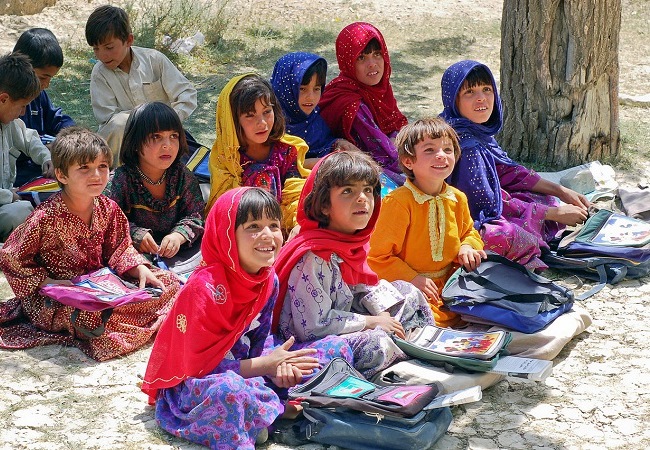
At a quarterly EPF meeting at WIPO’s Geneva headquarters this week (27 June), the UN agency’s deputy director general for copyright and the creative sector, Sylvie Forbin, sought the support of publishers, which are the biggest contributors to the global creative economy.
She told the 30-strong group of publishers about WIPO research that has found that while creative industries contribute 5.1% of GDP and 5.3% of employment worldwide, publishing alone stands for 39% of the value added and 43% of the employment in the core copyright industries. This makes it by far the largest creative sector both in terms of value and employment generation.
She described publishing as ‘a driver for achieving the development objectives of all countries’, and that it is ‘is indispensable for eradicating illiteracy, which was proclaimed in 2016 as one the key Sustainable Development Goals of the United Nations.’
As a UN agency, WIPO has a responsibility to aid developing countries to bridge the digital divide so they can participate fully in the international trade in creative products and services. It does this by helping them to benefit from the international copyright framework.
Ms Forbin said: ‘We should be able to assist our developing member states with practical projects, which can help them develop a viable creative industry, including a viable educational publishing industry, which is of key importance to every country and its national educational and cultural policy. We would need your strong support for this initiative and its practical outcomes.’
EPF chairman Wilmar Diepgrond told Ms Forbin she could rely on the support of the EPF and its members, who were looking forward to working closely with WIPO as the project evolved.

